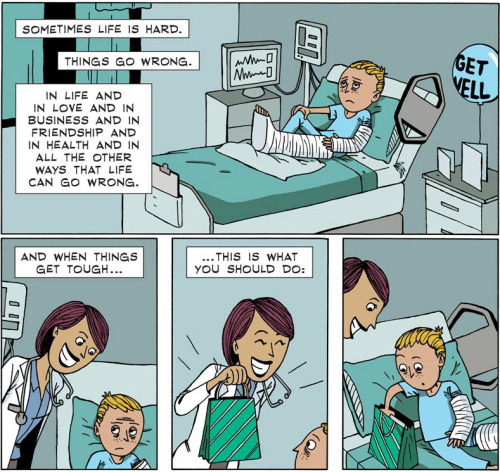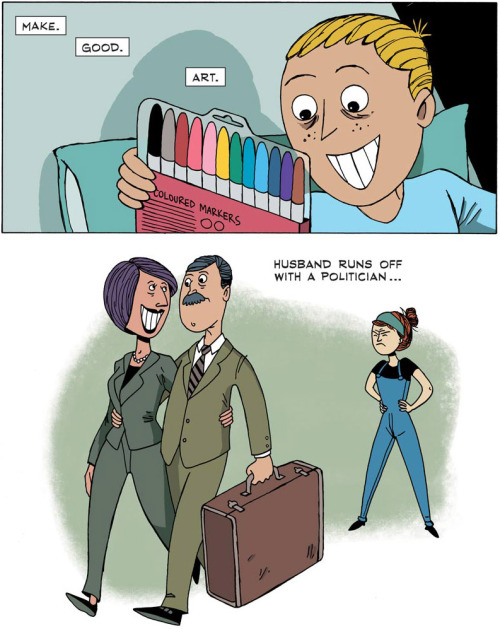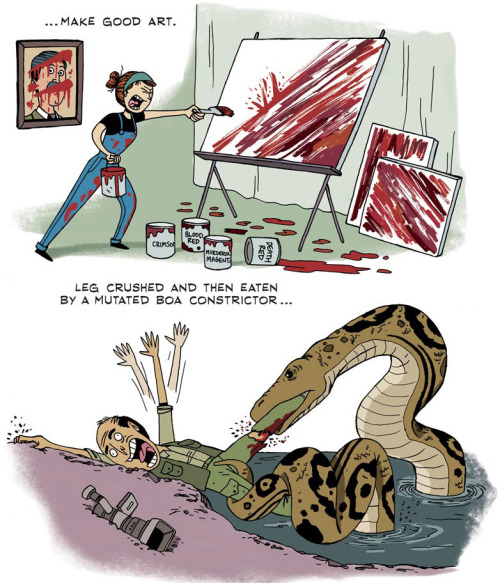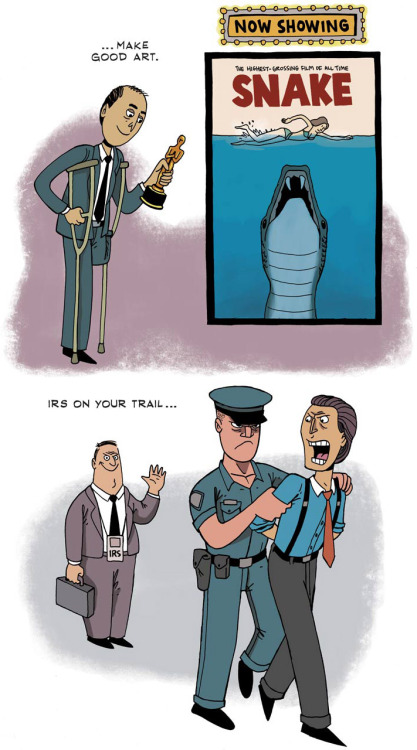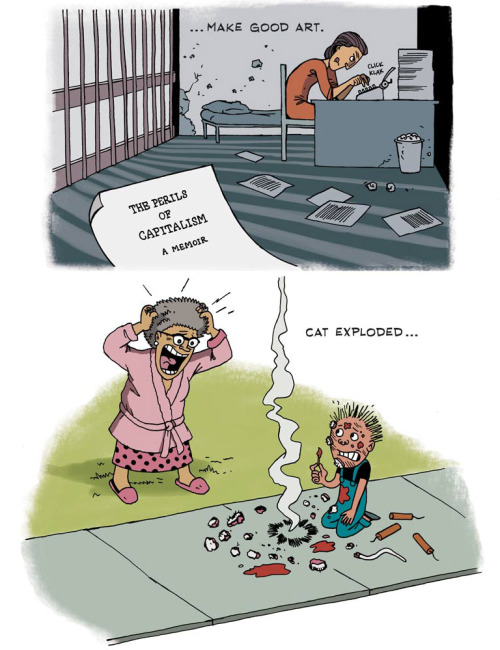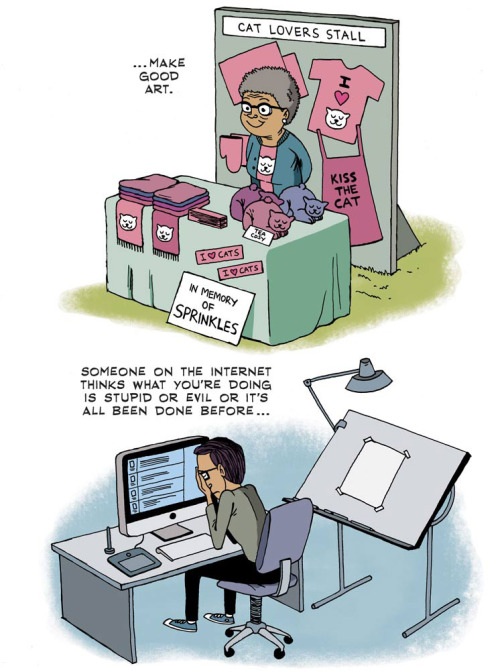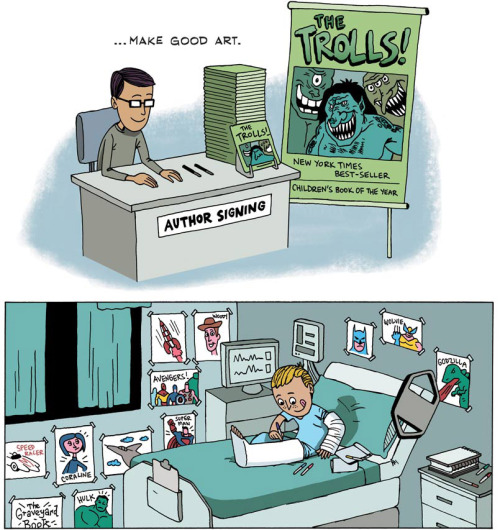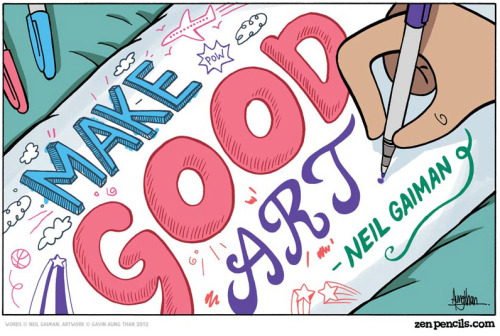So it’s the day of the election, which means that I’m going to be spending a long night staring at my computer screen refreshing Huffington Post and probably spending too much money on comfort foods and possibly ordering pizza house. But y’know. That’s pretty much every Tuesday night for me, except for that election part.
—–
The one thing that really makes me feel so strange about the election is how ridiculously unifying it is. I mean, to be totally fair it’s not unifying at all, but consider for a second that most everyone in the country has something to say about two men. There are two men out there right now that are being talked about more than anything else. You say the word “Romney” or “Obama” and it feels like you are speaking a raindrop that has traveled halfway across the world to fall upon your tongue. You know these men. You probably don’t know them, but you do. You have judgements on their character, on their opinions, and probably know at least something about their respective dogs.
—–
It strikes me sometimes that the world is global and that the butterfly effect is real. It strikes me sometimes that I am a person within an ecosystem within an ecosystem within a way of life within the world and I have a part in this reality. It’s a tremendous honor to be a human being and be where I am now, but it is a tremendous responsibility. It’s in many ways the honor I feel as an artist. I’m called to be something that is hugely important, to be a person that expresses and comments and keeps check on and celebrates and frightens and learns and cries. It’s an incredible responsibility. It’s an incredible task.
—–
I hope the election goes the way I want it to, but if it doesn’t, the world will keep flying through space and turning and turning and turning. Four years will pass and I will experience this strange awareness again, this odd overwhelming mix of duty, awe, and being totally overwhelmed. I’m proud to have taken part in America’s democratic process and I think that’s a pretty incredible feeling. I also think it’s worth taking note of the huge sphere of influence this election has over our lives. Not in the policy that comes from it, but from the social influence of campaigns and partisanship. I don’t know if I like that influence but I don’t really know if I like the influence that my stress eating habits have over my life, either. But so it goes. Another day, more food, more music, more life.

